700 refugees occupy building in Brussels
Reconstruction for refugees from Ukraine
For four years the building stood empty, previously an authority was located here, which takes care of tax and pension assessments. “In 2001, the city decided to sell the building on a sale-and-lease-back basis,” explains architecture student Felix Schröder, who studies the history of the building and is volunteering here. Finally, it was to be prepared to accommodate refugees from Ukraine. But because of the occupation, the craftsmen stopped their work.
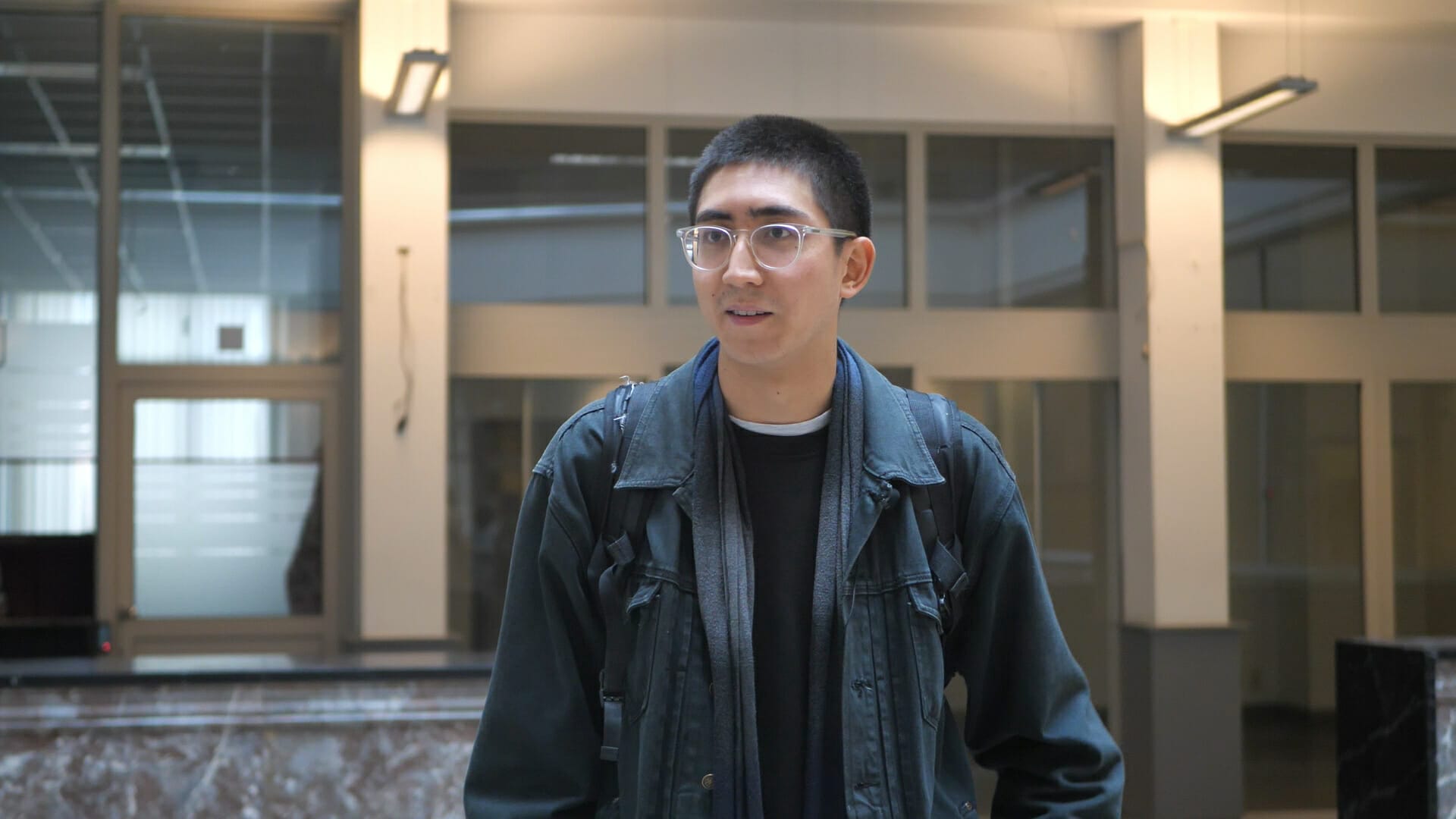
A tour shows that many of the construction steps that have just begun took place in parts of the building in which the refugees are not at all – and which could be reached via a separate staircase that winds up six floors. The Belgian state no longer wants to tolerate the occupation and has already sent an eviction notice. However, it does not offer an alternative for asylum seekers from other countries.
Overburdened state
As a result, thousands are currently homeless, even though the state is obliged under international law to provide shelter for them. However, Belgium is overwhelmed by this and only partially willing to react accordingly to the court rulings of national courts and the European Court of Justice. “I didn’t know the situation was like that here,” says a Syrian who asked not to be named: “They just left us to the streets.” He received a blanket from other asylum seekers on the first night.
The story he tells of flight and expulsion sounds particularly perfidious: more than ten years ago, he left Syria to escape the Assad dictatorship. He first found refuge in Saudi Arabia. In 2015, he went to a hospital in Belarus for medical training. “Because of the war, they canceled all visas,” he continues. In retrospect, he was glad because he lived near the border and the military was also based there. At the same time, the frustration resonates:
I’ve been running away from war for 14 years now. This isn’t fun, but I can’t change it.
First, the Syrian sought protection in a Scandinavian country. But it wanted to deport him back to Syria. “They just think it’s a safe country,” he says, still shocked. He had heard that he could have better chances in Belgium and now wants to try the fourth restart.
Hardly any support
But once again, the Syrian experiences here that he is not welcome. “There are solutions, but they just ignore them,” he complains about the state. At least they could send a garbage truck, which the residents would load themselves. Hot water, electricity. “We can sort things out on our own, but at least we need some support,” he continues. Even a gym would be acceptable to him – the main thing is not the street.
Residents are also dependent on help from organisations for other basic needs. “We have to wait for a miracle from God. We don’t know where we get food or tea from,” says Hitimana Jean de Dieu. Also Internet, to stay in touch with the families, is not available.
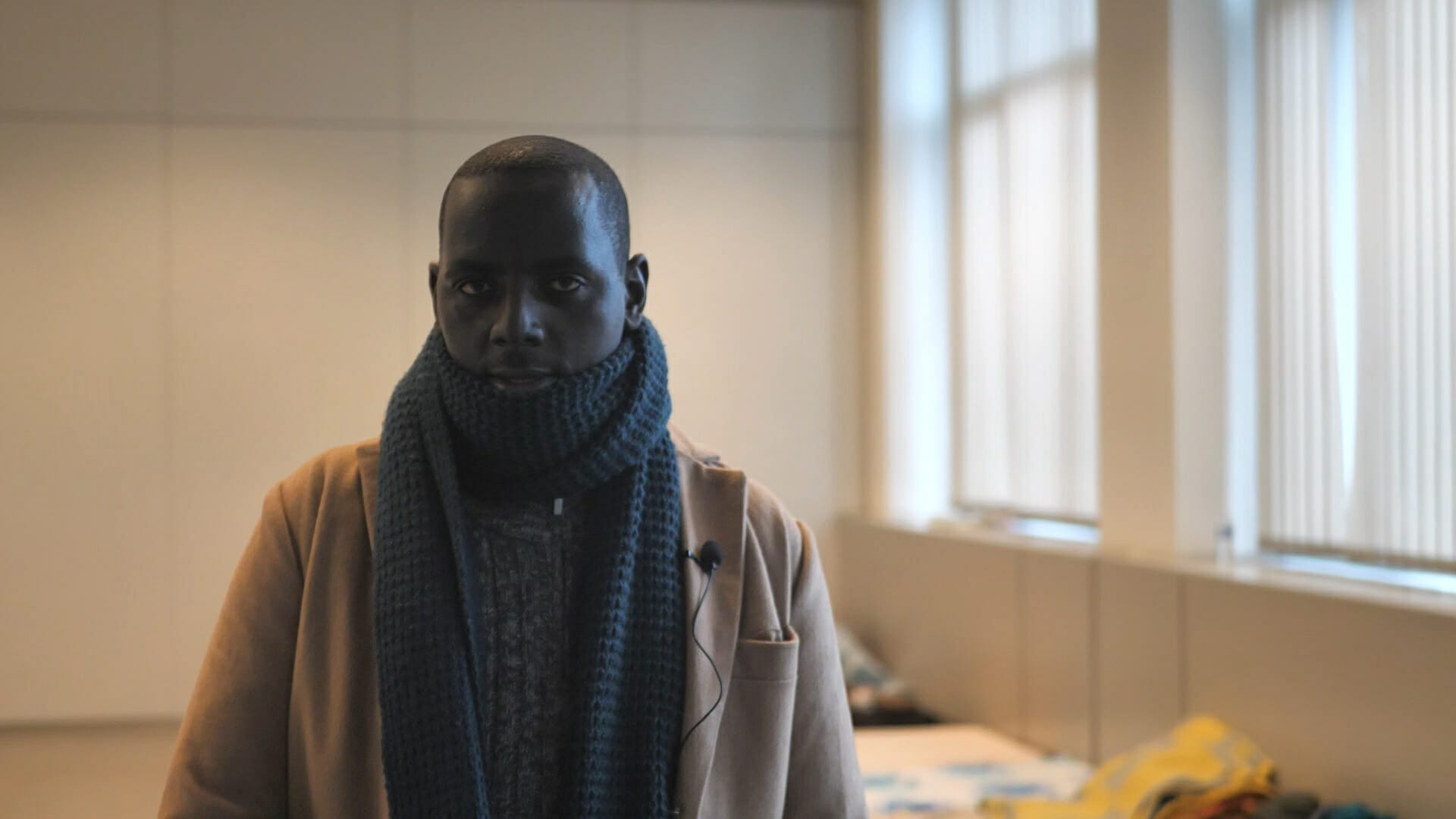
Conditions like in Moria
Lawyer Marie Doutrepont actually knows such conditions from Moria, the notorious camp from the Greek island of Lesvos. Finding them just a few minutes’ walk from her law firm, in the capital of Belgium – in the heart of the EU – hurts her all the more. “I was really shocked,” she says. Despite successful lawsuits against the government, lawyers must ask their clients to persevere on the streets – because they do not have a solution and the government refuses to follow the verdicts. “How do you explain that?” she asks, perplexed. Such behaviour shakes the rule of law and democracy to their foundations.
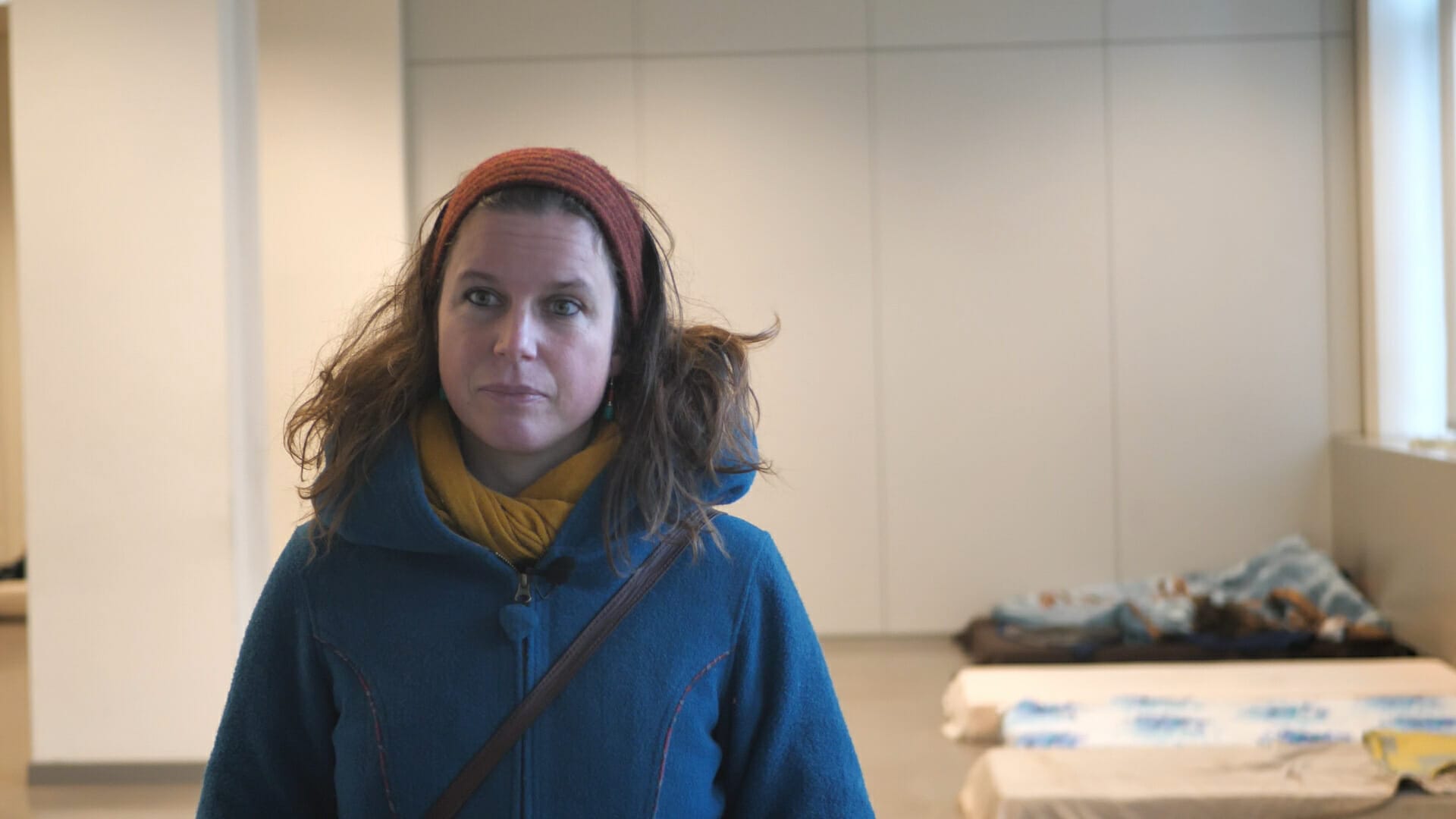
In other respects, however, the Belgian government is much more determined to enforce the rules. The threat of eviction for the occupied building was recently hung on the building. Where the approximately 700 people should then be accommodated in order not to end up on the street again, however, it left open.
Vorgeschlagene Beiträge
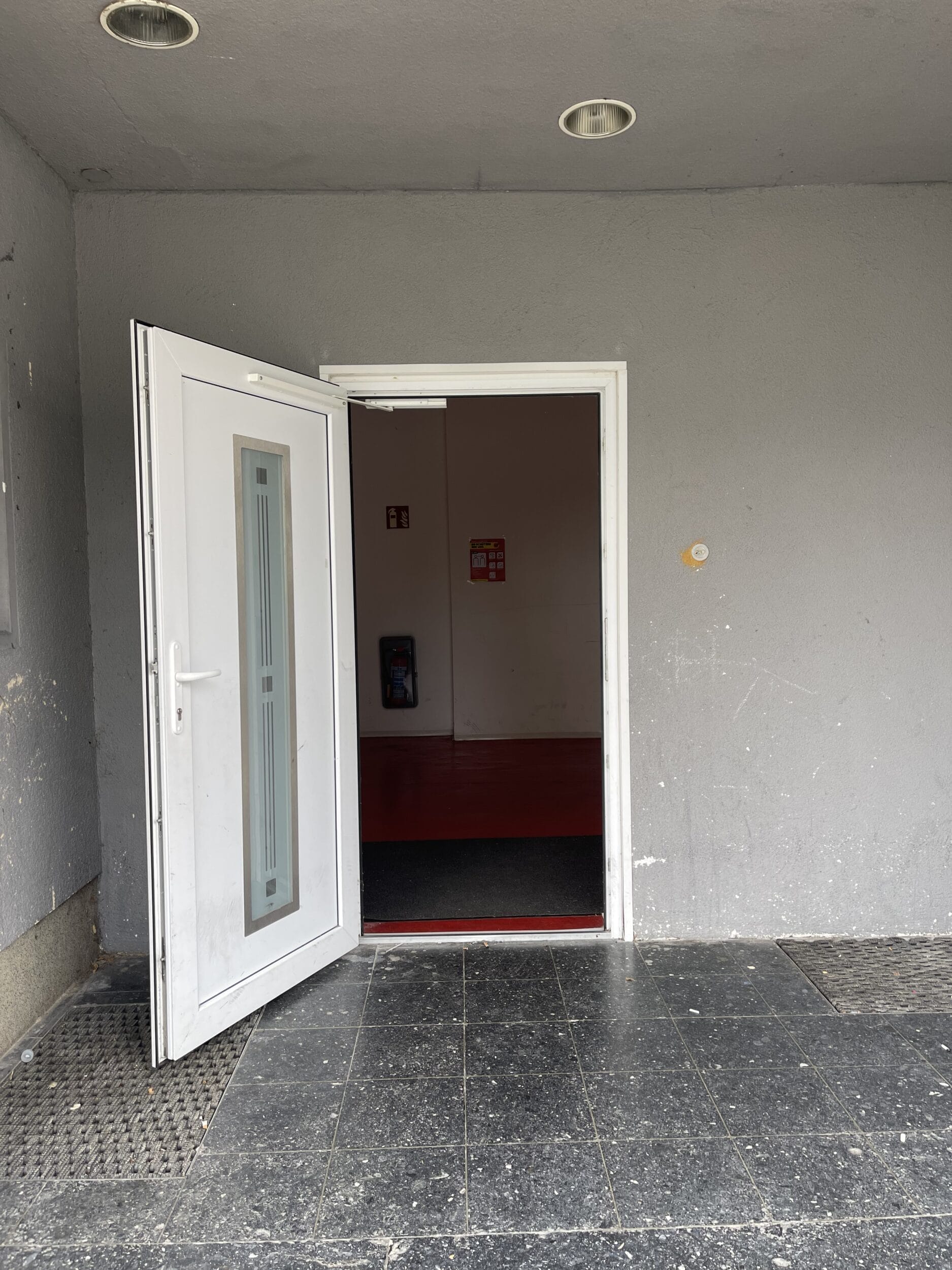
A door opens: Kamela’s start into a new life in Germany
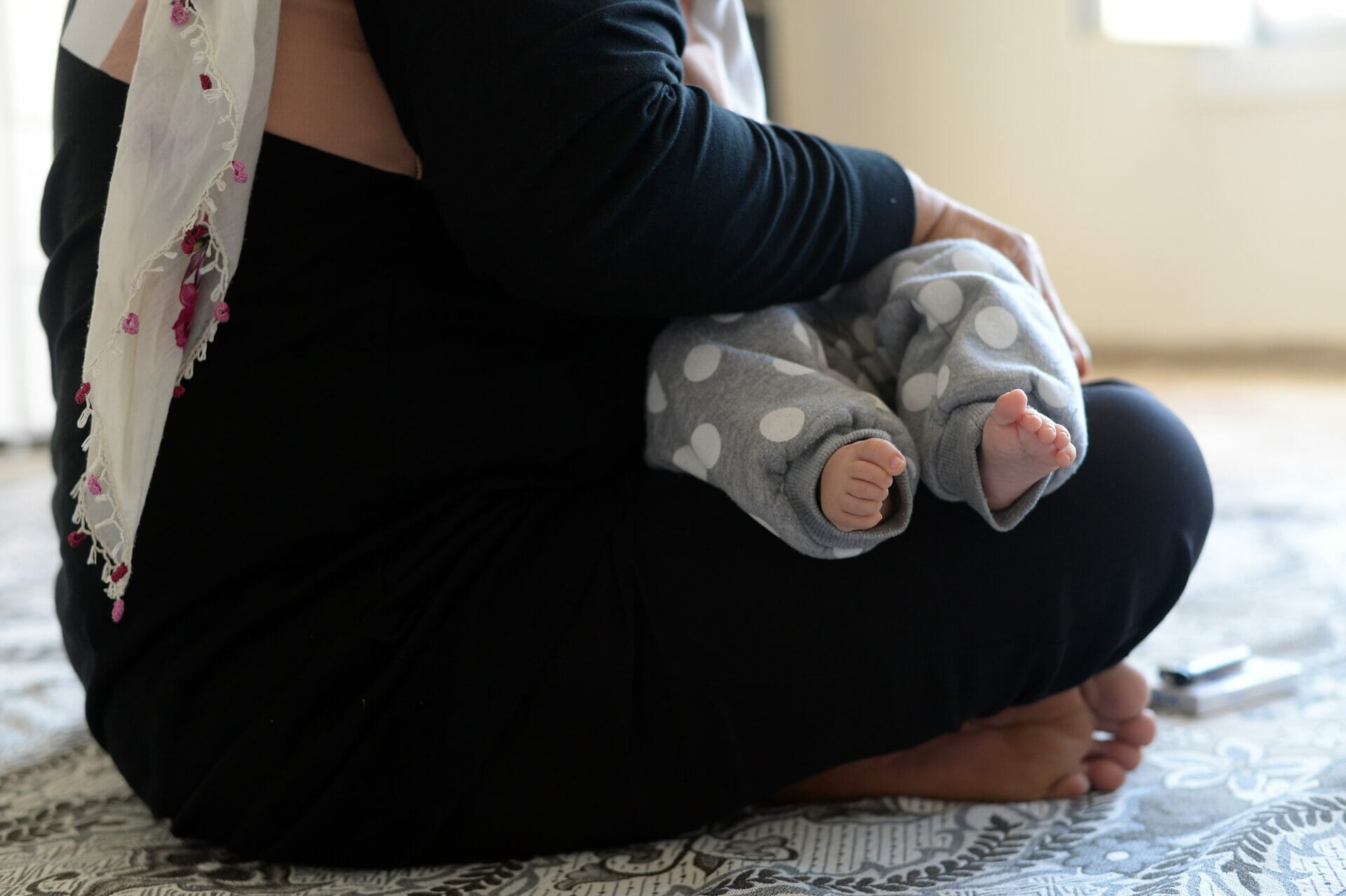
Integration, income – livelihood? Kurdish-Syrian woman talks about her life in Turkey
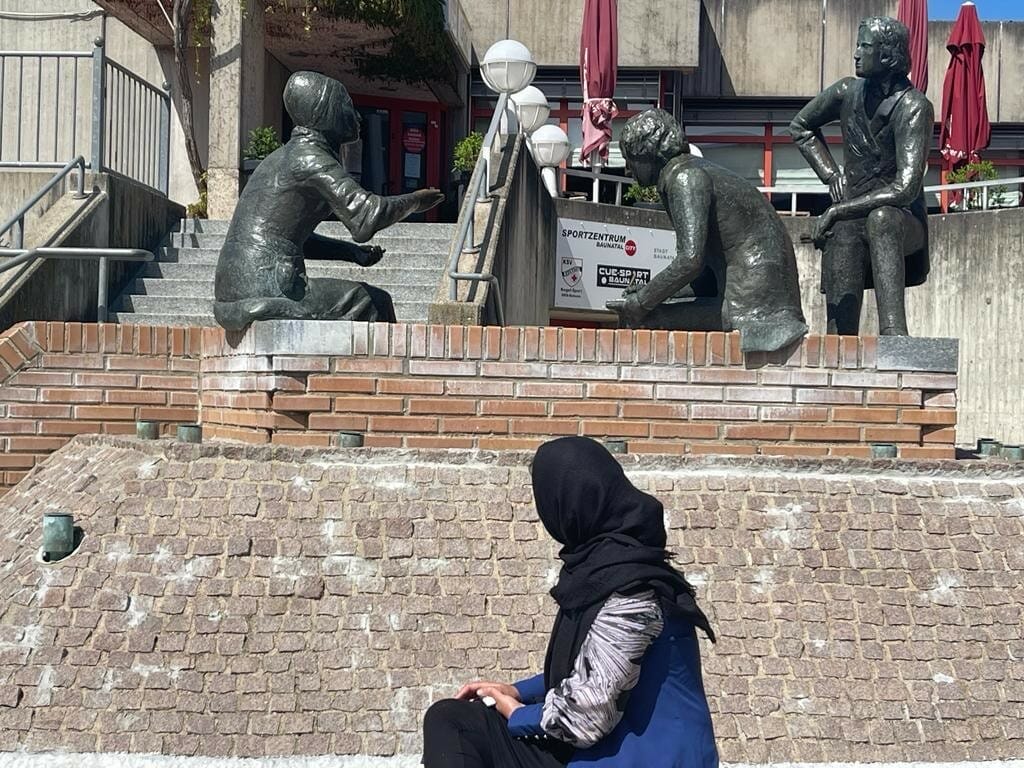
From a Village in Afghanistan to Germany
[mc4wp_form id=239488]

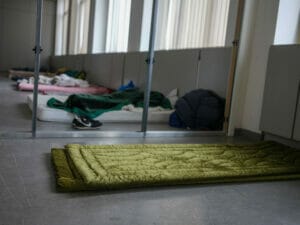

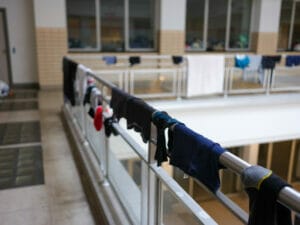
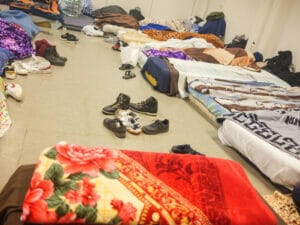

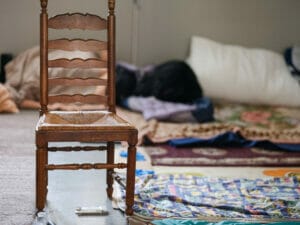
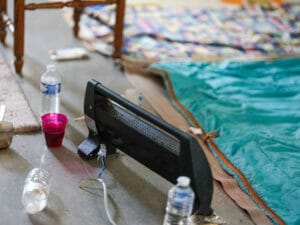
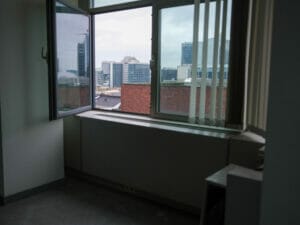


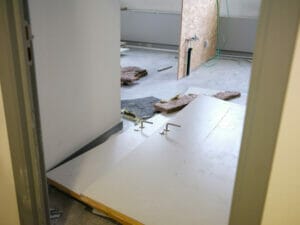
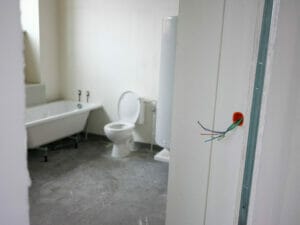

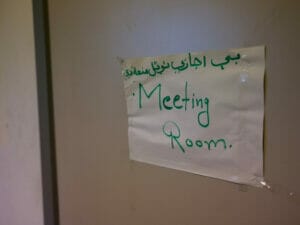
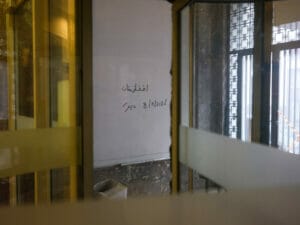
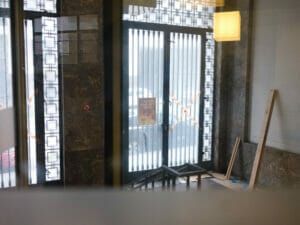


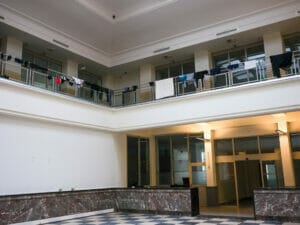
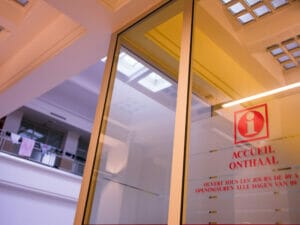

Leave a Reply
You must be logged in to post a comment.